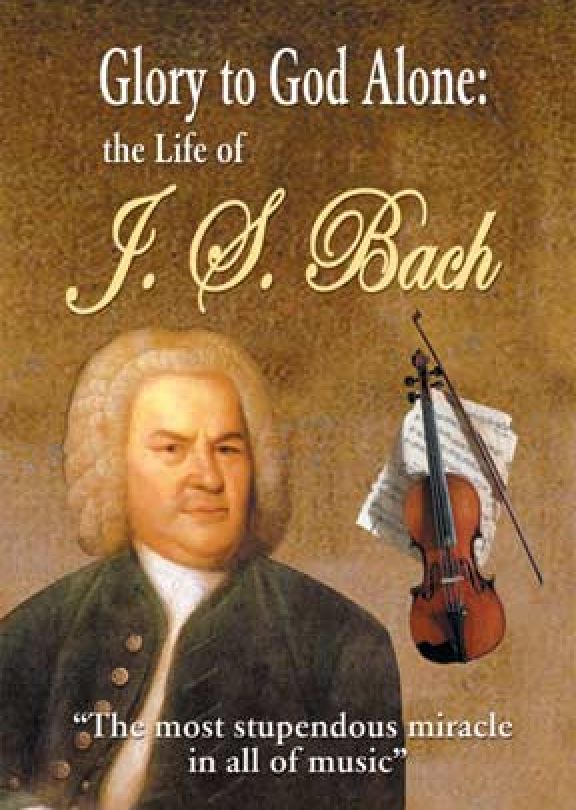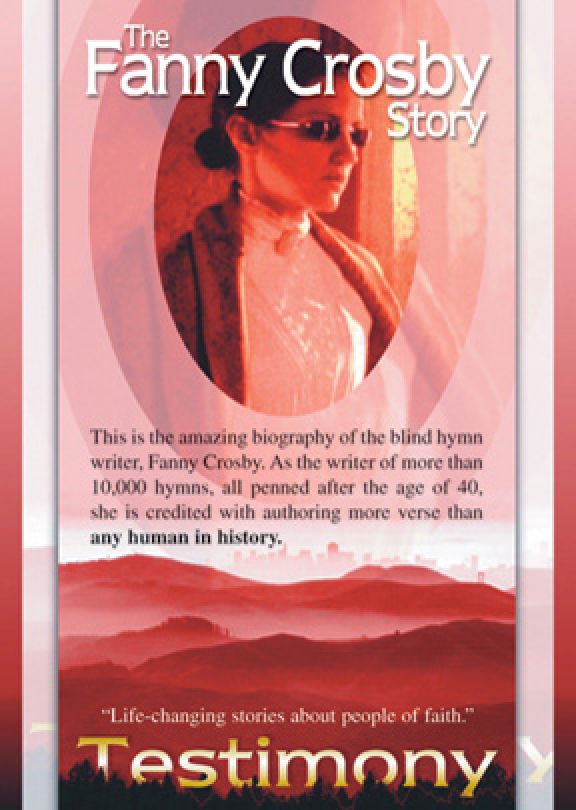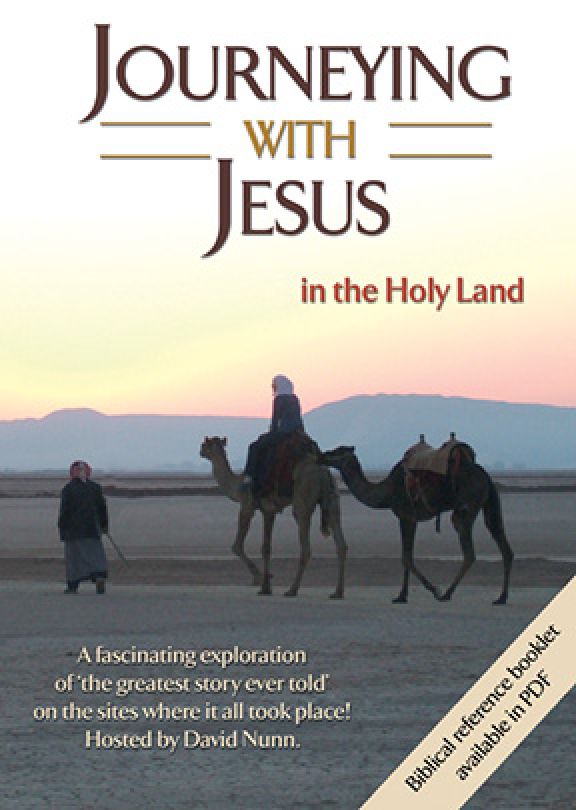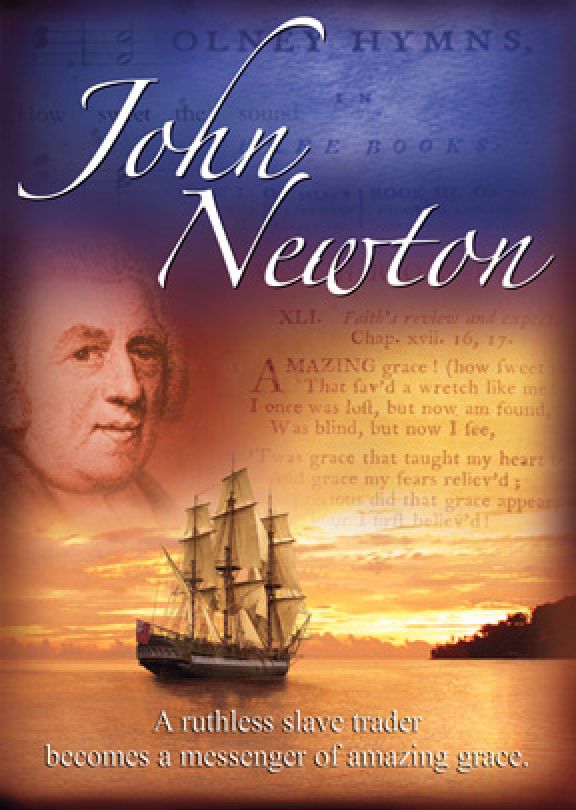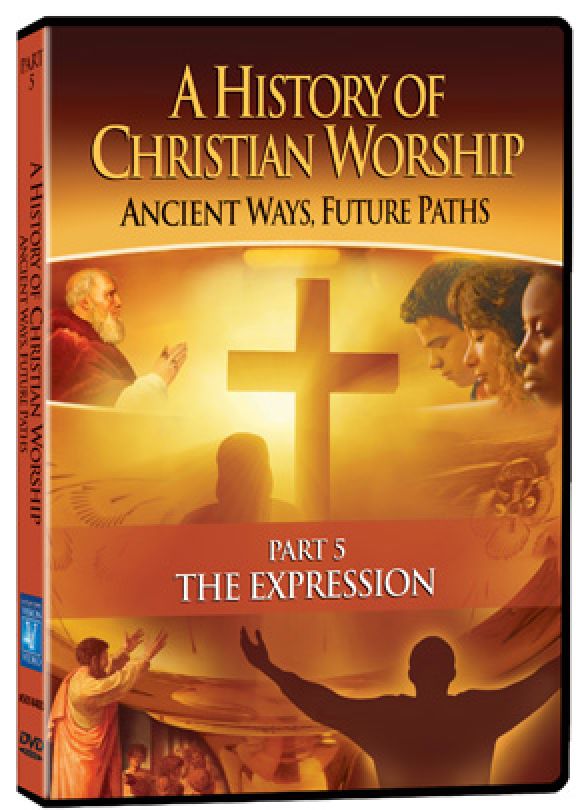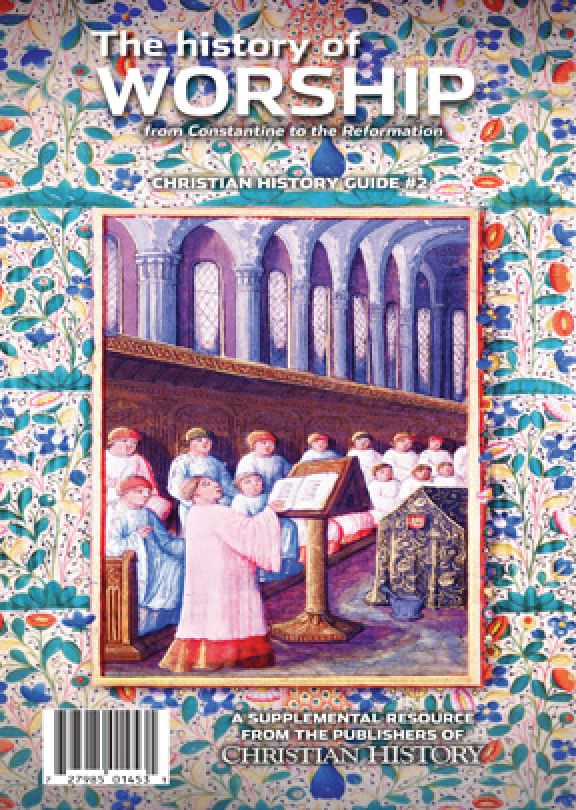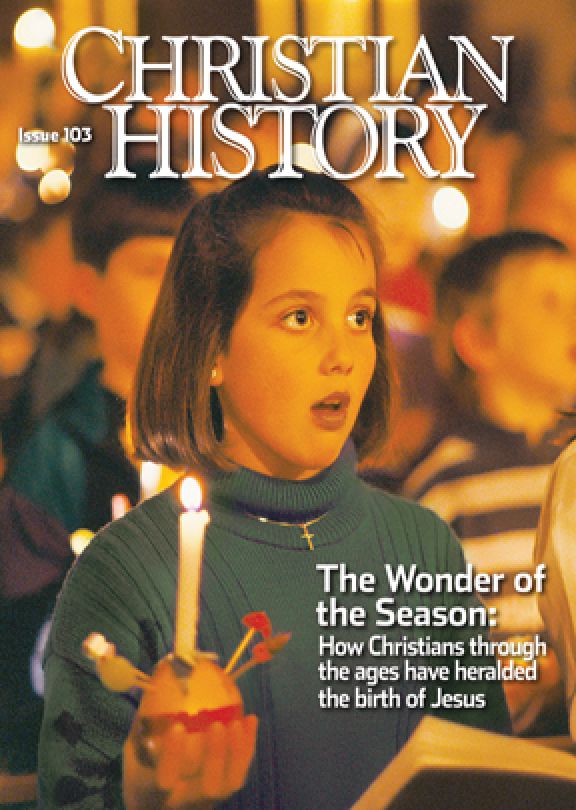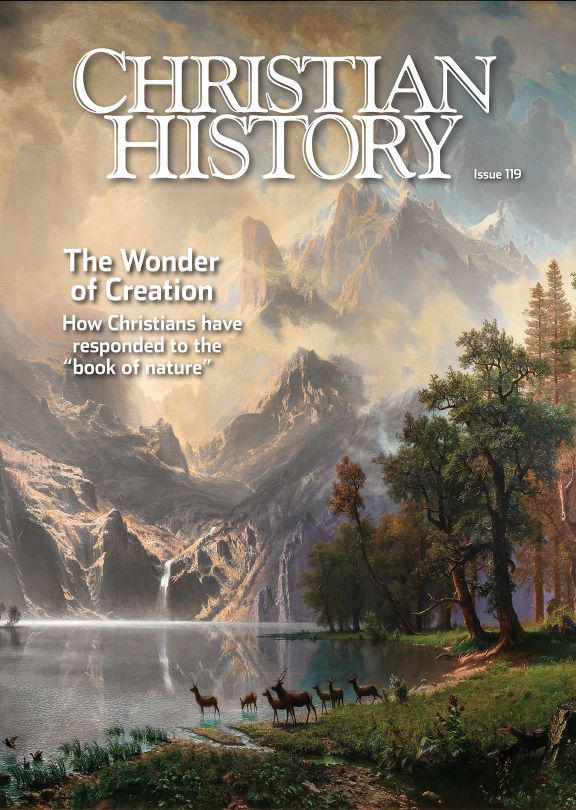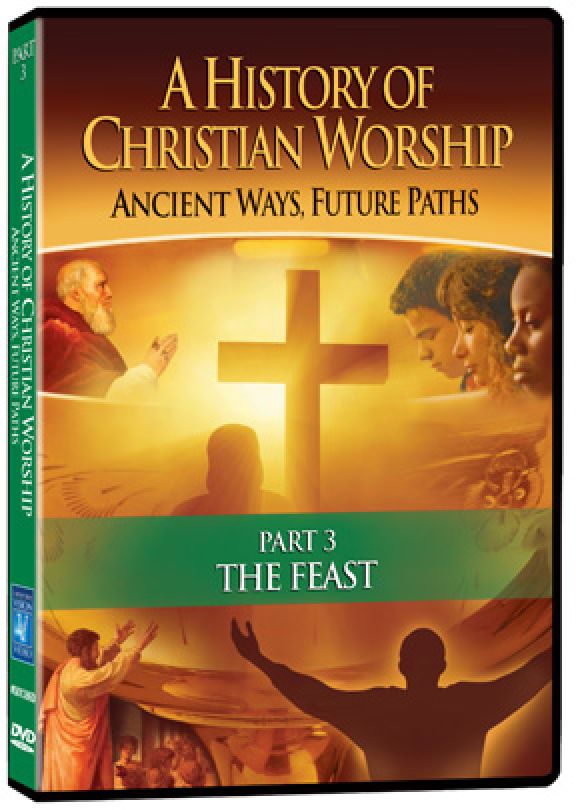
History of Christian Worship: Part 3, The Feast
The third in the History of Christian Worship series. The Feast explores the significance of the Lord's Supper or Eucharist in worship.
- Item number: 501386D
- Media type: DVD
- Length: 56 min
- Region: All
- Production Year: 2010
- Producer: Ensign Media
Description
For followers of Jesus Christ, worship has spanned over two thousand years to include a long and diverse history of sacred practices. The many ways in which the faithful have preserved and celebrated God’s story is limited only by the human imagination.
A History of Christian Worship: Ancient Ways, Future Paths is a six-part series that explores centuries of worship practices, as seen through the eyes of Protestant, Catholic and Orthodox churches and discussed by leading voices from a cross-section of the Christian community. From scripture, sermons and creeds to baptism and the Eucharist, from art and music to drama and media, from prayer and contemplation to service and ministry, viewers will discover the significant people and events that have shaped history and learn how modern worship practices are rooted in the earliest foundations of the Christian faith.
Part 3: The Feast explores the significance of the Eucharist in worship and reveals how the observance of special days and seasons of remembrance and anticipation such as Advent and Lent is essential to the worship experience, including:
• What early church documents and practices teach us about how the Eucharist is celebrated today.
• Why the feast of the table is called by different names: Eucharist, Communion, the Lord's Supper.
• What the different methods of celebrating the Eucharist are among various Christian traditions.
• How Old Testament feast days and festivals have formed a pattern for the current Christian calendar of holy days and seasons.
• Why the liturgical year is still relevant for Christians today.
Includes optional English subtitles and film trailers. Widescreen.
For these topics and more, join us on a journey from ancient ways to future paths as we discover a history of Christian worship.




